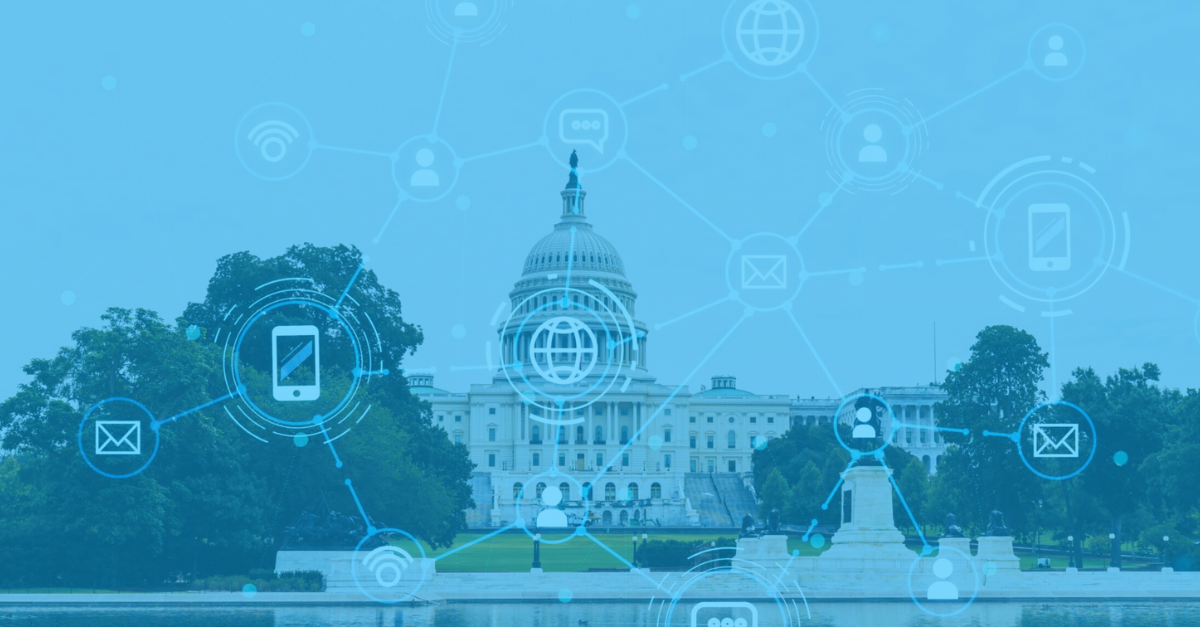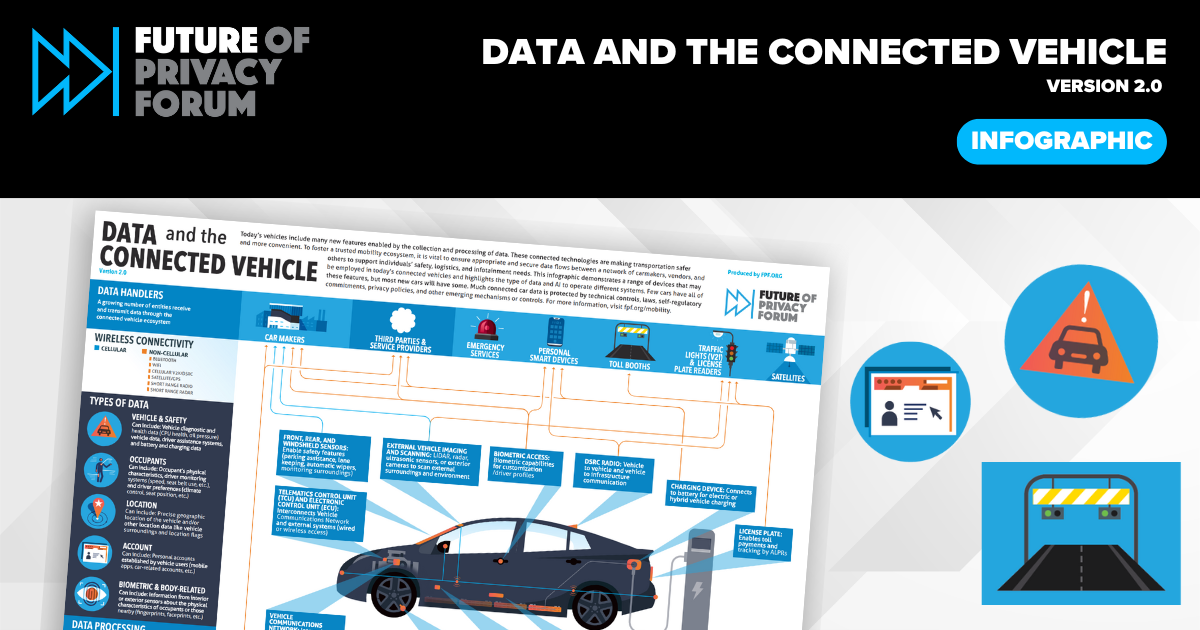
The African Union’s Continental AI Strategy: Data Protection and Governance Laws Set to Play a Key Role in AI Regulation
By Chuma Akana, Former FPF Global Privacy Summer Fellow and Mercy King’ori, FPF Policy Analyst, Global Privacy The African Union (AU) Executive Council, composed of representatives of the 55 African Member States, approved the highly anticipated AU AI Continental Strategy (the Strategy) in July 2024. The adoption of the Strategy follows a period of stakeholder […]

FPF Training Program 2024 – FAQs
fpf training program faqs The Future of Privacy Forum (FPF) brings the public training sessions on a variety of topics in AdTech, AI & Machine Learning, Data Privacy, and more – all led by industry experts. Please view our most commonly-asked questions so you are prepared and know the details and policies of our program […]

The Privacy Act of 1974: 50 Years Later Virtual Webinar
The Future of Privacy Forum (FPF) and the FPF Center for Artificial Intelligence invite you to join us for a live virtual webinar on Thursday, November 21 from 12:00 – 1:00pm ET to commemorate the 50th anniversary of the passage of the Privacy Act of 1974.* We will explore the significance of the milestone U.S. […]

Synthetic Content: Exploring the Risks, Technical Approaches, and Regulatory Responses
Today, the Future of Privacy Forum (FPF) released a new report, Synthetic Content: Exploring the Risks, Technical Approaches, and Regulatory Responses, which analyzes the various approaches being pursued to address the risks associated with “synthetic” content – material produced by generative artificial intelligence (AI) tools. As more people use generative AI to create synthetic content, […]

FPF Analysis of New Requirements for Generative AI Use by Healthcare Entities in Patient Communications
Co-Authored by Judy Wang, FPF Communications Intern On September 28, Governor Gavin Newsom signed California AB 3030, among a host of AI bills. CA AB 3030 amended the California Health & Safety Code and requires specified healthcare entities to disclose the use of generative artificial intelligence (AI) in provider-patient communications through visual or verbal disclaimers […]

Updated FPF Infographic Explores Data in Connected Vehicles
Today, The Future of Privacy Forum is launching the Data and the Connected Vehicle Infographic 2.0, including new updates to account for the types of data associated with connected vehicles, features in and outside of the vehicle, and data handlers who receive and process data. Lawmakers, manufacturers, privacy professionals, and consumers are actively engaged in […]

Infographic Explores Driver Data Collection and Use in Connected Cars
FPF’s “Data and the Connected Vehicle” Demystifies Connected Car Ecosystem as Policymakers Look to Regulate SEPT. 16, 2024 — Vehicle technologies are evolving rapidly, in every facet of the system, from safety features to entertainment, and occupant convenience. Many of these new features are enabled by the collection of driver and occupant data – and […]

FPF Unveils Report on Emerging Trends in U.S. State AI Regulation
Today, the Future of Privacy Forum (FPF) launched a new report—U.S. State AI Legislation: A Look at How U.S. State Policymakers Are Approaching Artificial Intelligence Regulation— analyzing recent proposed and enacted legislation in U.S. states. As artificial intelligence (AI) becomes increasingly embedded in daily life and critical sectors like healthcare and employment, state lawmakers have […]

Does the GDPR Need Fixing? The European Commission Weighs In
The European Commission published its second Report on the General Data Protection Regulation (GDPR) on July 25, 2024, assessing the progress of its impact and effectiveness of application since the Commission’s first Report published in June 2020. The second Report acknowledges relative success of the GDPR in protecting individuals and supporting businesses, while also highlighting […]

Privacy Roundup from Summer Developer Conference Season 2024
Ahh, summer. A time for hot dogs, swimming pools, and software developer conferences. For third-party application developers to deliver new tools with the best features for the lucrative fall quarter, they must have access to all the APIs and tools by the summer before. This has meant that early summer has become known as a […]
